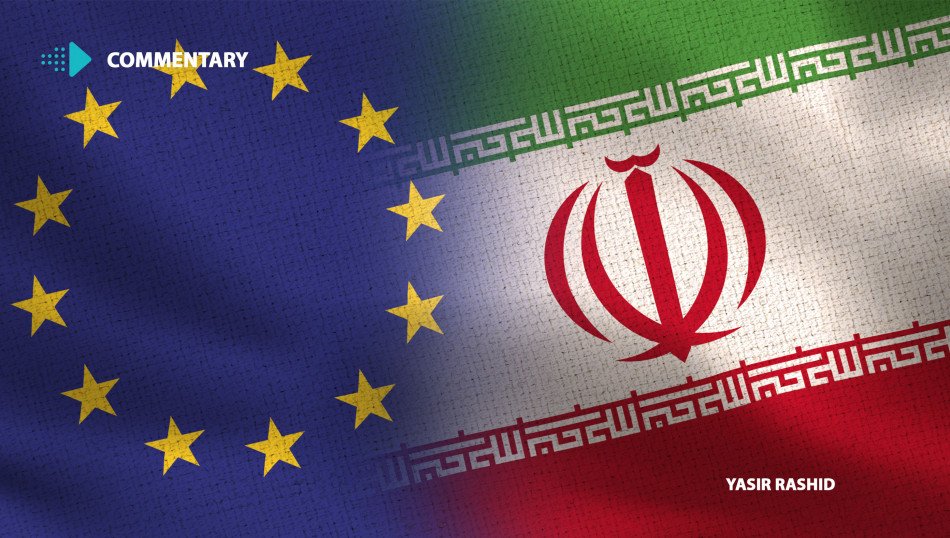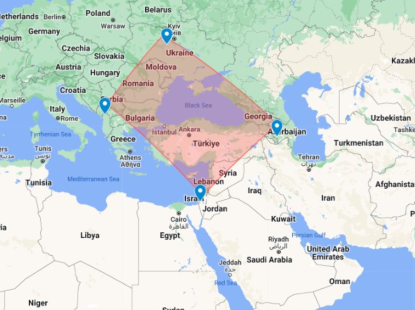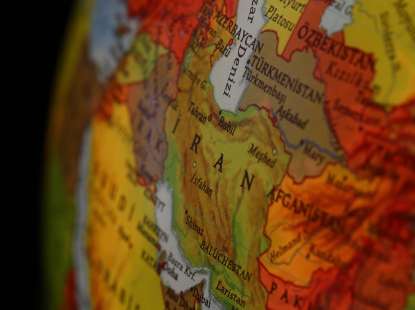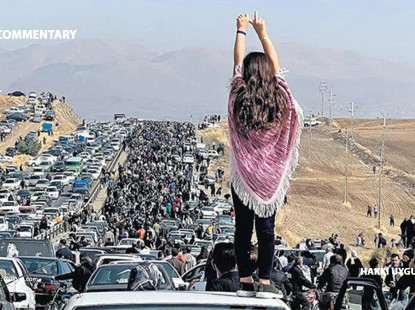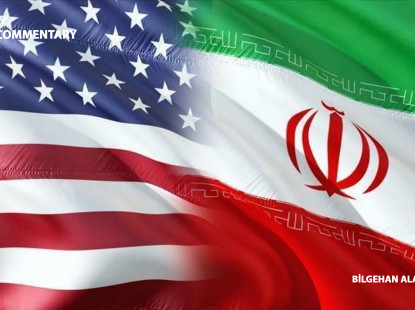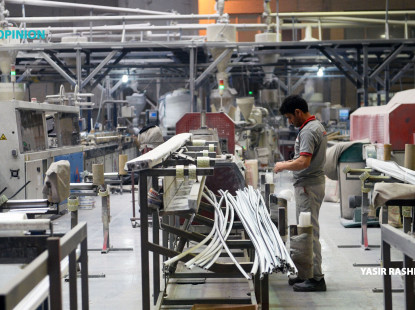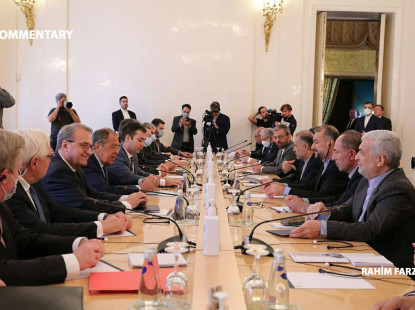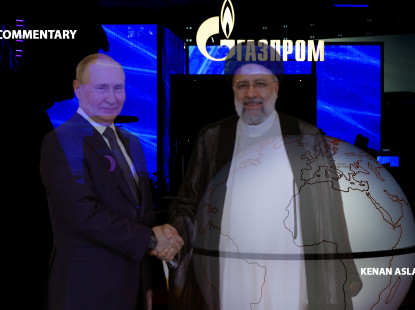Implications of the New EU Trade Policy for Iran
China and India's position in the global economy are expanding, and forecasts predict that the two Asian powers will become the world's first and third-largest economies, respectively, in the not-too-distant future. Considering the economic changes caused by the increase of Asia's share in the world economy and the intensification of the challenges of the European Union (EU) and China in various fields, in February 2021, the European Commission announced a new EU trade policy called “Trade Policy Review- An Open, Sustainable and Assertive Trade Policy”. Moving towards a green and digital economy, promoting responsible and sustainable value chains, improving World Trade Organization (WTO) mechanisms, reviewing trade relations with China, reinforcing the EU's focus on implementing and enforcing trade agreements, pursuing the EU's geopolitical ambitions, deepening the EU's partnerships with neighbors are the most important approaches in the mentioned policy. The new policy is also seen as preparing for economic change and geopolitical instability in the 2030 perspective.
Given the growing economic, geopolitical and geoeconomic rivalry between Asian and Western powers, new changes in the economic policies of such major powers as the EU will undoubtedly have numerous consequences for various countries, including Iran. In this regard, the Research Center of the Iran Chamber of Commerce, Industries, Mines and Agriculture (ICCIMA), in a report entitled "EU's new trade policy and the position of Iran," has examined the effects and implications of the new EU trade policy for Iran.
According to the report, the EU is Iran's second-largest trading partner after China, and the total trade between Iran and Europe in 2020 was around €4 billion, accounting for about 11 percent of Iran's total trade. Therefore, undoubtedly, a change in the trade policy of this substantial economic bloc could lead to new opportunities and challenges for Iran. One of the main motives for formulating a new trade policy for the EU is economic competition with China, especially in Europe's neighboring countries, the Middle East and Africa. These competitions could be an opportunity for Iran to attract investments from both Europe and China. Suppose the 2015 Iran Nuclear Deal is revived, in that case, Tehran will be able to use competition between the EU and China to work economically and commercially with European companies and attract additional investment. On the other hand, since this policy, due to the development of new investment rules and restrictions, tightens the conditions for the presence of Chinese state-owned enterprises (SOEs) in the EU economy, the implementation of such a policy may boost the incentive for Chinese corporations to invest in Iran.
The new EU trade policies, including stricter rules and reducing dependence on imports of fossil fuels, will also have a negative impact on Iran's trade relations. EU's more stringent regulations or new standards for trade in dual-use goods could create new obstacles to Iran's trade relations with European countries and even with other countries. In other words, the EU's high standards for sensitive technologies could disrupt some of Iran's industrial and economic interactions with other countries. In addition, the EU's move towards a green economy means reducing Europe's need for fossil fuels such as oil and gas. Although the EU will continue to require energy imports from the Gulf region in the short and medium-term, moving to a non-fossil economy, in the long run, could reduce Iran's strategic value as one of the world's most important fossil fuel holders for Europe.
Since the beginning of the presidency of Ebrahim Raisi in Iran, along with the strengthening of relations with Asian powers such as China, positive signals are also being exchanged with the EU. The telephone calls of Iranian President Ebrahim Raisi with French President Emmanuel Macron and President of the European Council Charles Michel, as well as the attending of Enrique Mora, EU negotiator, and senior representative, at the inauguration of the new government of Iran are signs of a positive signal in bilateral relations between Iran and Europe. Thus, it can be said that, despite the many ups and downs in relations between the two sides, Iran and Europe understand the strategic value of each other and continue to hope for the continuation and development of relations. However, although there is the necessary political will to rebuild these relations, as long as there are secondary US sanctions against Iran, this country cannot hope to reconstruct and develop relations with the EU.
